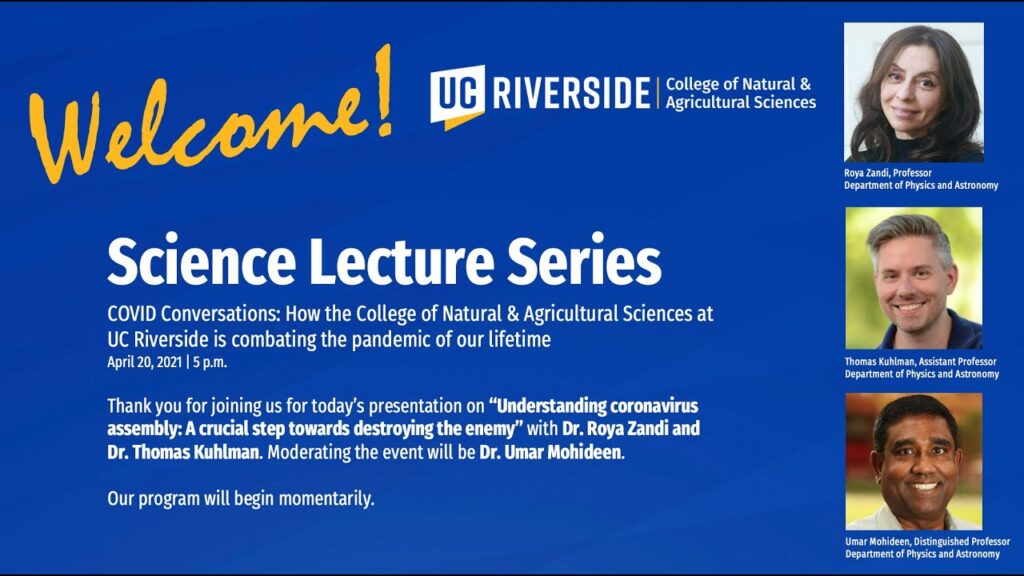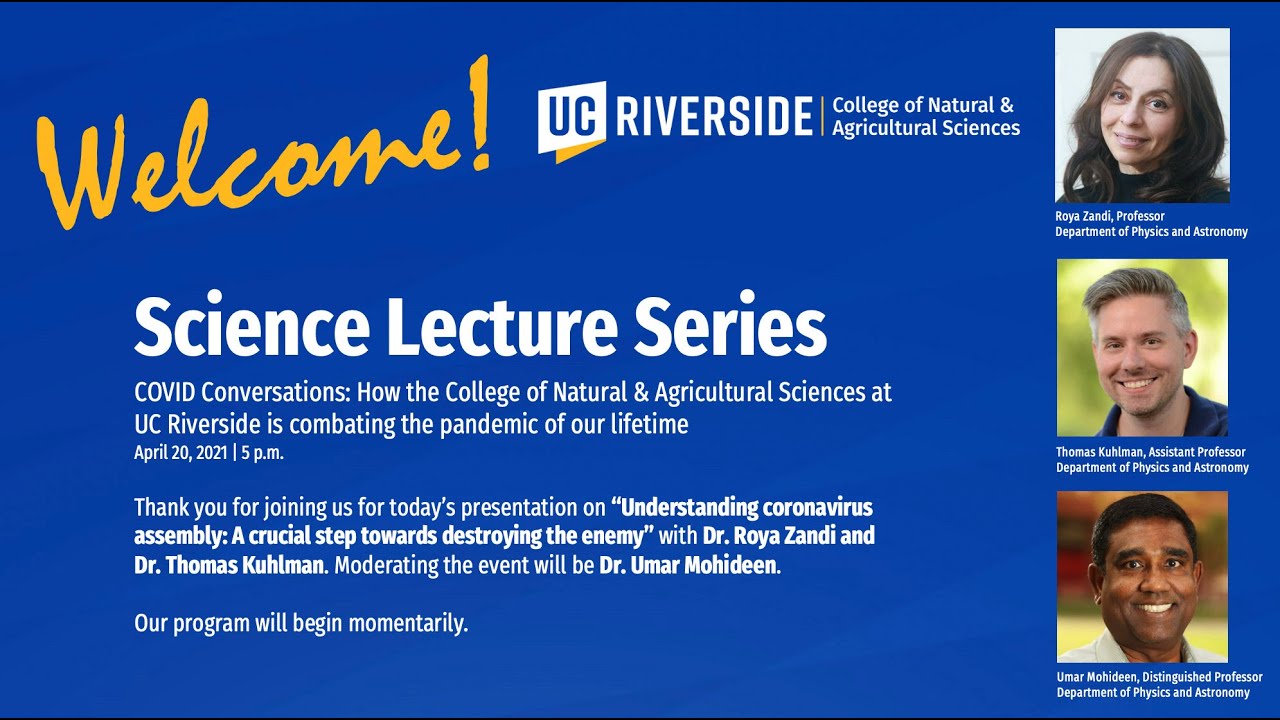
Understanding CNAS Breadth Requirements: A Comprehensive Guide
Navigating the complexities of higher education can be daunting, especially when faced with specific college or university requirements. For students pursuing degrees within the College of Natural and Applied Sciences (CNAS), understanding the breadth requirements is crucial for a well-rounded academic experience and timely graduation. This comprehensive guide aims to demystify the CNAS breadth requirements, providing clarity on what they are, why they matter, and how to effectively fulfill them.
What are CNAS Breadth Requirements?
CNAS breadth requirements are designed to ensure that students receive a broad education beyond their specific major. These requirements typically encompass coursework in areas such as humanities, social sciences, and fine arts, complementing the scientific and technical knowledge gained within CNAS disciplines. Think of them as the academic equivalent of a balanced diet – essential nutrients from different sources to foster intellectual growth.
The primary goal of these breadth requirements is to cultivate well-rounded individuals with critical thinking skills, a broader understanding of the world, and the ability to connect scientific knowledge with societal and cultural contexts. By exposing students to diverse perspectives and disciplines, CNAS aims to produce graduates who are not only proficient in their chosen fields but also capable of contributing meaningfully to society.
Why are CNAS Breadth Requirements Important?
The significance of CNAS breadth requirements extends beyond simply fulfilling graduation criteria. They play a vital role in shaping students into informed, adaptable, and engaged citizens. Here’s a closer look at their importance:
- Developing Critical Thinking Skills: Courses in humanities and social sciences often emphasize critical analysis, argumentation, and problem-solving. These skills are transferable and highly valuable in any career path.
- Enhancing Communication Skills: Many breadth courses require students to write essays, give presentations, and participate in discussions, thereby improving their communication abilities. Effective communication is crucial for collaboration and leadership.
- Broadening Perspectives: Exposure to different cultures, historical periods, and philosophical viewpoints fosters empathy and understanding. This is particularly important in an increasingly interconnected world.
- Fostering Creativity and Innovation: Exploring the arts and humanities can spark creativity and inspire innovative thinking. These qualities are highly sought after in the scientific and technological fields.
- Preparing for a Changing World: The rapid pace of technological advancement and societal change requires individuals to be adaptable and lifelong learners. Breadth requirements provide a foundation for continuous learning and intellectual curiosity.
- Improving Career Prospects: While technical skills are essential for many careers, employers also value candidates with strong communication, critical thinking, and problem-solving abilities – all of which are cultivated through breadth coursework.
Common Categories within CNAS Breadth Requirements
While the specific categories may vary slightly between institutions, CNAS breadth requirements typically include courses from the following areas:
- Humanities: This category often includes courses in literature, history, philosophy, religious studies, and classical studies. These courses explore the human condition, historical events, and philosophical ideas.
- Social Sciences: This category typically encompasses courses in sociology, psychology, economics, political science, anthropology, and geography. These courses examine human behavior, social structures, and societal issues.
- Fine Arts: This category includes courses in art history, music appreciation, theater, dance, and creative writing. These courses foster creativity, appreciation for the arts, and understanding of artistic expression.
- Foreign Languages: Some CNAS programs may require or recommend foreign language coursework to enhance students’ intercultural competence and global awareness.
Strategies for Fulfilling CNAS Breadth Requirements
Successfully navigating the CNAS breadth requirements involves careful planning and strategic course selection. Here are some helpful tips:
- Consult with an Academic Advisor: Your academic advisor is your best resource for understanding the specific breadth requirements for your major and institution. They can help you choose courses that align with your interests and academic goals.
- Review the Course Catalog: Carefully examine the course catalog to identify courses that fulfill breadth requirements. Pay attention to course descriptions and prerequisites.
- Consider Your Interests: Choose courses that genuinely interest you. You’re more likely to engage with the material and succeed in courses you enjoy.
- Look for Interdisciplinary Courses: Some courses may satisfy multiple requirements or combine elements from different disciplines. These courses can be a great way to broaden your knowledge and fulfill breadth requirements efficiently.
- Plan Ahead: Don’t wait until your senior year to start fulfilling your breadth requirements. Spread them out over your academic career to avoid feeling overwhelmed.
- Explore Alternative Options: Some institutions may offer alternative ways to fulfill breadth requirements, such as through study abroad programs, internships, or independent study projects.
Examples of CNAS Breadth Requirements in Action
To further illustrate the importance of breadth requirements, consider these examples:
- A Biology Student Studying Ethics: A biology student taking a course in bioethics can learn about the ethical implications of scientific research and develop a framework for making responsible decisions.
- A Computer Science Student Exploring Literature: A computer science student reading classic literature can gain insights into human nature and improve their communication skills, which can be valuable in designing user-friendly software.
- An Engineering Student Learning About History: An engineering student studying the history of technology can understand the social and cultural context in which technological innovations occur.
Potential Challenges and How to Overcome Them
While breadth requirements are beneficial, students may encounter certain challenges in fulfilling them. Here are some common issues and strategies for overcoming them:
- Time Constraints: Balancing major coursework with breadth requirements can be challenging. Prioritize your courses and manage your time effectively. Consider taking breadth courses during the summer to lighten your load during the academic year.
- Course Availability: Popular breadth courses may fill up quickly. Register for courses early to secure your spot. Be flexible and consider alternative course options.
- Lack of Interest: Some students may find breadth courses less engaging than their major coursework. Choose courses that align with your interests and seek out instructors who are passionate about their subject.
- Financial Constraints: The cost of tuition and fees can be a barrier to taking additional courses. Explore financial aid options and consider taking courses at a community college to save money.
The Future of CNAS Breadth Requirements
As the world continues to evolve, CNAS breadth requirements are likely to adapt to meet the changing needs of students and society. Some potential trends include:
- Increased Emphasis on Interdisciplinary Learning: More courses may integrate concepts from multiple disciplines to foster a more holistic understanding of complex issues.
- Greater Focus on Global Competence: Breadth requirements may increasingly emphasize intercultural communication, global awareness, and foreign language proficiency.
- Integration of Technology: Technology may be used to enhance the learning experience in breadth courses, such as through online simulations, virtual field trips, and interactive learning platforms.
- Personalized Learning Paths: Students may have more flexibility in choosing courses that align with their individual interests and career goals.
Understanding and fulfilling CNAS breadth requirements is an investment in your future. By embracing the opportunity to explore diverse disciplines, you can develop the skills, knowledge, and perspectives necessary to thrive in a complex and rapidly changing world. Remember to consult with your academic advisor, explore your interests, and plan strategically to make the most of your educational experience. The CNAS breadth requirements are there to help you become a well-rounded individual and a valuable contributor to society, alongside your major specific expertise. Successfully navigating these requirements will not only lead to graduation but also to a richer, more fulfilling life. These [See also: Academic Advising Strategies] requirements are more than just boxes to check; they are opportunities for growth.
CNAS Breadth Requirements and the Job Market
It’s easy to view CNAS breadth requirements as just another hurdle to jump on the way to a degree. However, these requirements are increasingly relevant in today’s competitive job market. Employers are looking for candidates who possess not only technical skills but also strong communication, critical thinking, and problem-solving abilities. These are precisely the skills honed through breadth coursework. A well-rounded education, fostered by CNAS breadth requirements, can set you apart from other candidates and demonstrate your adaptability and intellectual curiosity. The ability to connect scientific knowledge with societal and ethical considerations is also highly valued, especially in fields like biotechnology, environmental science, and healthcare. Therefore, consider your CNAS breadth requirements as an investment in your future career success.
CNAS Breadth Requirements and Lifelong Learning
The benefits of CNAS breadth requirements extend far beyond the classroom and the job market. They cultivate a lifelong love of learning and a desire to explore new ideas. By exposing you to diverse disciplines and perspectives, these requirements encourage intellectual curiosity and a willingness to challenge assumptions. This foundation of knowledge and critical thinking skills will serve you well throughout your life, enabling you to adapt to new challenges, engage in meaningful conversations, and contribute to your community. The ability to think critically and communicate effectively, skills nurtured by CNAS breadth requirements, are essential for navigating the complexities of modern life and making informed decisions about your health, finances, and civic responsibilities. Embrace the opportunity to learn and grow through your breadth coursework; it’s an investment in your personal and intellectual development that will pay dividends for years to come.

